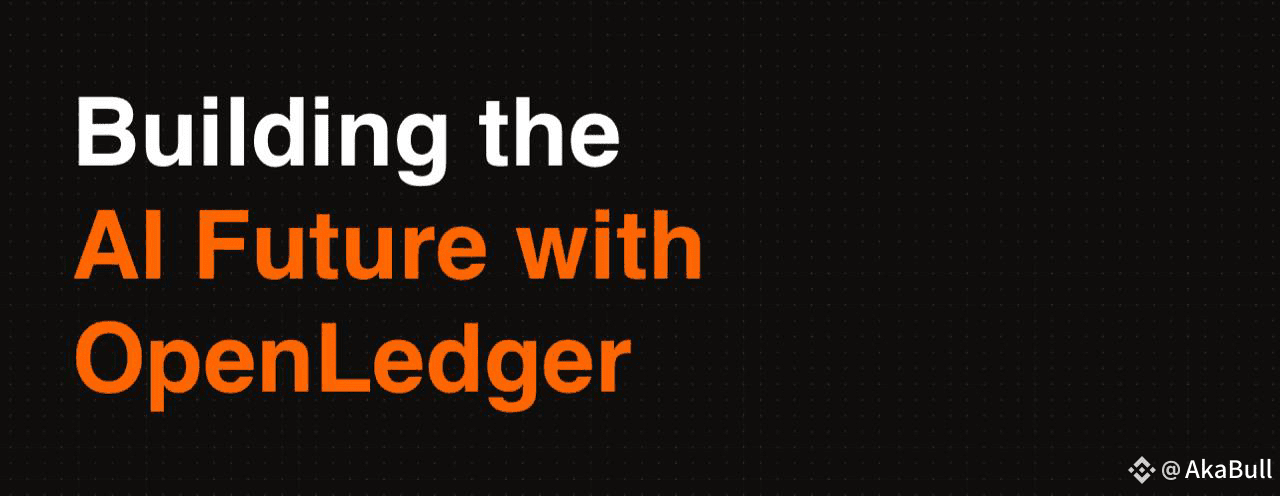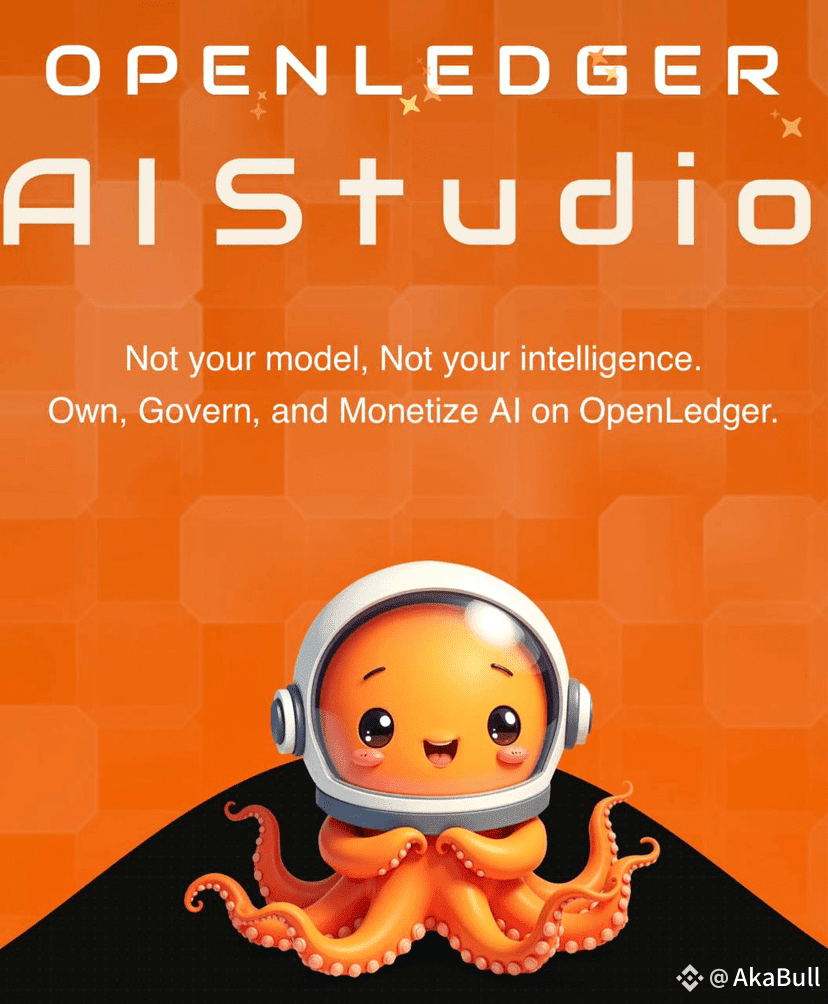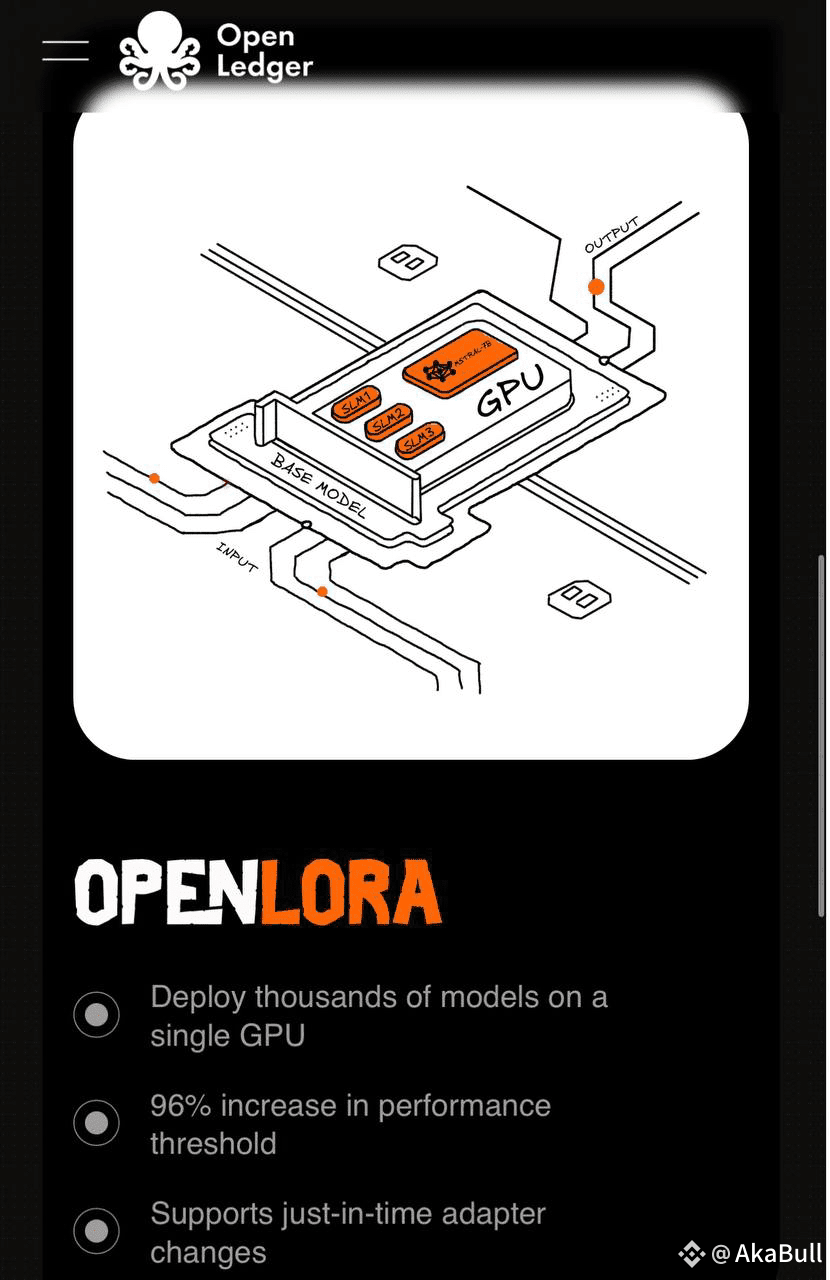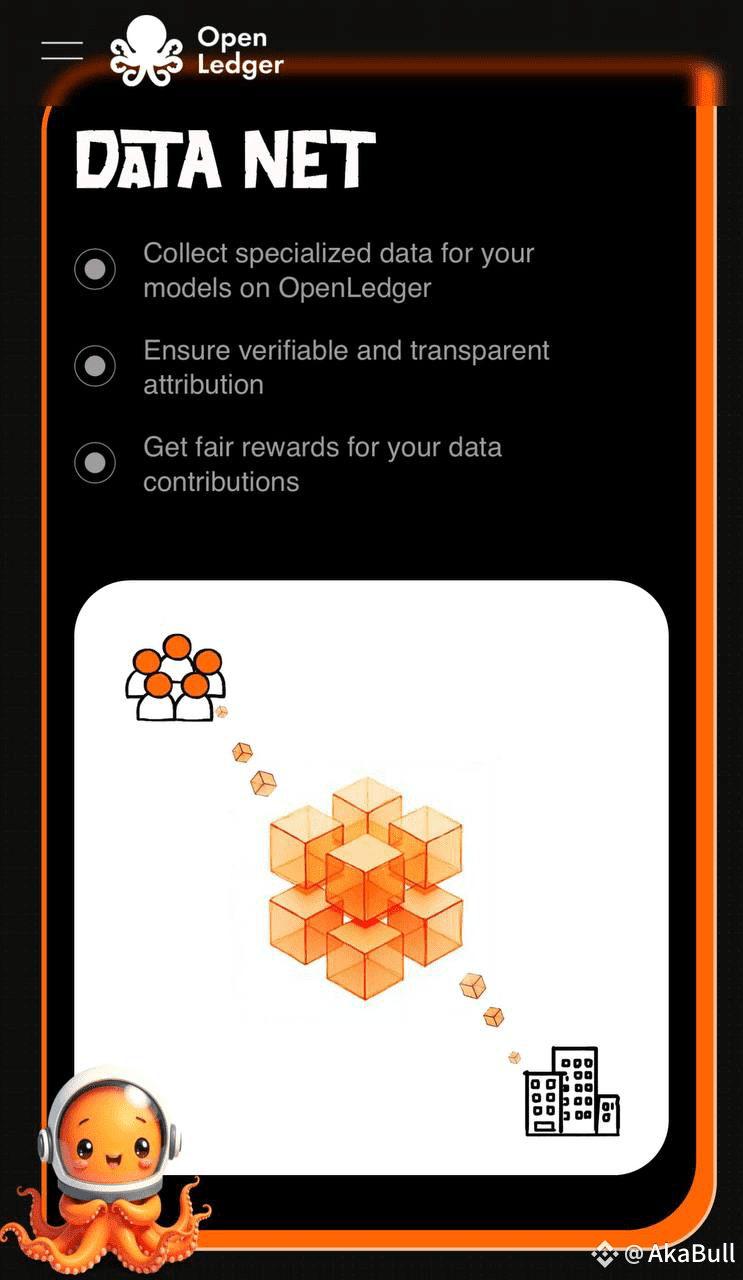
Introduction: From Renters to Owners
For too long, AI has worked like a luxury apartment owned by a few, rented by many. Developers pay API fees, businesses license pre-built models, and users interact without any control. Everyone’s renting intelligence from the “landlords” of AI.
OpenLedger reimagines this model. Instead of renting, it builds a people’s AI economy where intelligence becomes a public utility owned, governed, and monetized by its community.

Why the Old System is Broken
Big AI monopolies create bottlenecks:
Innovation taxes: Developers pay steep fees for every request.
No voice: Users can’t vote on how models should be used or governed.
Exploitation of data: Communities contribute massive amounts of data without fair compensation.
The result? AI progress accelerates, but the wealth and control consolidate.
OpenLedger’s Vision: Community AI Infrastructure
The brilliance of OpenLedger lies in how it transforms intelligence into a cooperative economy.
AI isn’t a product, it’s infrastructure.
Models aren’t owned by corporations, they’re owned by contributors.
Data isn’t exploited, it’s rewarded.
This vision bridges blockchain’s ethos of decentralization with the growing demand for ethical, transparent AI.
The Three Economic Engines
Model Factory: Building Local Economies of AI Developers fine-tune base models into specialized agents. Each fine-tuned model is like a “mini business,” serving industries from DeFi to education. Instead of Big Tech offering “one-size-fits-all,” communities can build localized intelligence for their exact needs.
OpenLoRA: The Efficiency Backbone With OpenLoRA, thousands of models can be deployed on a single GPU. This is the AI equivalent of turning one factory into a hundred production lines. Efficiency isn’t just technical, it’s economic. It lowers entry costs so smaller communities, DAOs, and local enterprises can afford to participate.

DataNet: A Market for Human Knowledge DataNet transforms datasets into economic assets. Contributors aren’t just anonymous sources; they’re co-owners of AI intelligence.
A doctor contributing anonymized diagnosis data earns rewards.
A community uploading local language data gets verifiable attribution.
An enterprise providing internal data earns a share in the model’s monetization.
This creates a new market where knowledge itself is currency.
Monetization: A Circular Economy of Intelligence
OpenLedger’s monetization model mirrors circular economies. Instead of profits flowing outward to corporations, value cycles back to contributors, developers, and users.
Contributors earn for data.
Builders earn for fine-tuned models.
Communities earn for governance participation.
This cycle ensures AI wealth doesn’t centralize, it circulates.
Practical Impact:
Developers: Get one-click tools to build and sell models.
Communities: Train AI in their local languages, cultures, and industries.
Enterprises: Run custom AI assistants on private data, retaining sovereignty.
Individuals: Even small contributions to datasets can accumulate into meaningful earnings.
A New Social Contract for AI
The deeper revolution here is cultural. OpenLedger creates a new social contract where intelligence isn’t dictated by Big Tech, it’s co-created by communities.
This democratizes not just access, but agency. People move from passive consumers to active governors of AI systems.

Final Thoughts
AI shouldn’t be a luxury service or a gated tool. It should be a public economy of intelligence where everyone participates, contributes, and benefits.
OpenLedger is building exactly that. With its Model Factory, OpenLoRA, and DataNet, it creates a foundation where intelligence is shared, profits are circulated, and ownership is democratized.
This isn’t just an infrastructure upgrade, it’s a paradigm shift.
#OpenLedger | @OpenLedger | $OPEN
